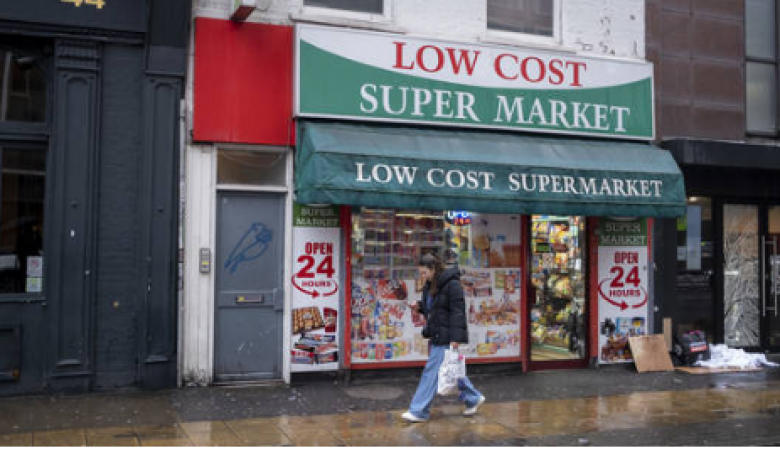
UK: According to a report released on Friday by an independent think tank, rising food prices will soon overtake rising energy prices as the primary driver of inflation in the UK.
According to the Resolution Foundation, a nonprofit organisation whose mission is to raise living standards for people with low to middle incomes, food consumes a much larger percentage of the average household's budget than does energy.
This summer, "food costs will have overtaken energy bills in the scale of the shock they are administering to family finances," the think tank predicted, as grocery prices will remain high while energy costs decline.
Official data for March revealed that grocery costs had increased by almost 20% over the previous year, with the overall consumer price index at 10.1%. Last year, energy prices reached record highs, but since then, they have significantly dropped.
Also Read: Asian stocks rise after Wall Street on expectations for a US debt deal
In addition to energy, factors like supply-chain disruptions brought on by the conflict in Ukraine, trade barriers related to Brexit, rising labour costs, and bad weather have all been linked to increases in food prices in the UK.
Also Read: Indonesia increases trade with Egypt to gain access to a larger African market
The think tank cautioned that these and other factors suggest factory gate prices, and the ensuing retail prices for consumers, could continue to rise into the summer. "It's far from clear that political and policy debates have caught up to the scale of what is going on," the report continued.
The Bank of England anticipates that this year's inflation will "fall quickly" as a result of increases to its benchmark interest rate, which is currently at 4.5%, as well as the decline in wholesale energy prices. The regulator has set a 2% inflation target. This year, the UK's annual inflation rate is predicted to be 6.1%.